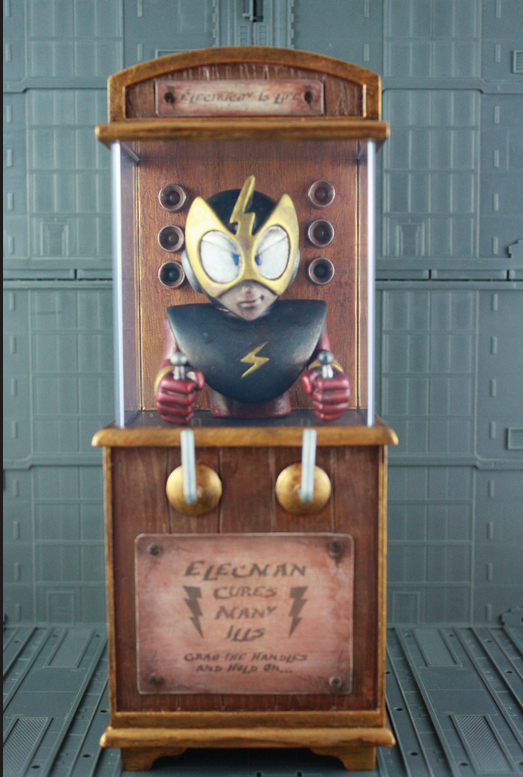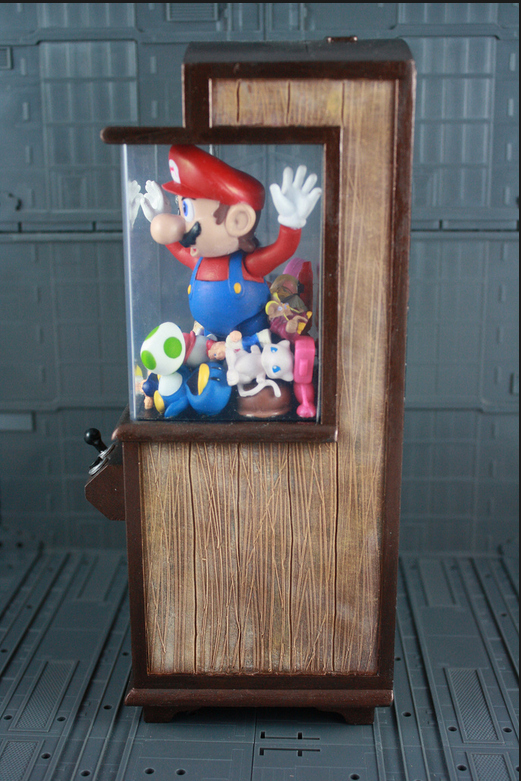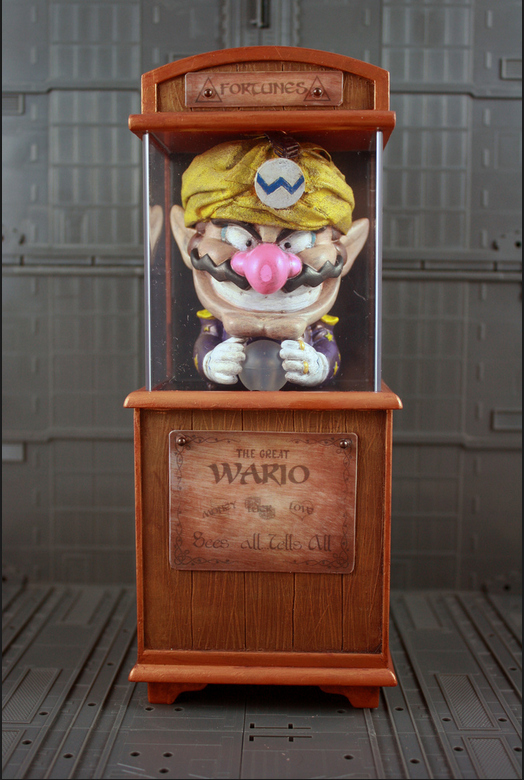THQ CEO Brian Farrell recently gave the keynote at Cloud Gaming USA and talked about how cloud gaming is the future for the industry. He talks about a scenario where game consoles will no longer have disc drives, lowering the prices of consoles, and how there will be no retail mark downs to negatively effect the business of game publishers and developers.
“Our games are always on and our players are always connected . . .We have the opportunity to interact with players in new ways that can be reactive to their desires, play habits, and buying habits,” Farrell noted. “The box, ship and done model is transitioning to: observe, measure, and modify [like] a games as a service model where direct consumer feedback allows the ability to operate in this always on, always connected environment.”
He noted that Saints Row: The Third will have more than 40 weeks of DLC. “We intend to create an online digital ecosystem with the consumer that keeps them interested for almost a year, perhaps even longer. And we expect most of our large console games going forward will extend the base experience with DLC packs. Things like online in-game storage, and consumables and other online items that will go on for at least a year post-release.”
Farrell noted that there is the potential that new business models will become viable, such as episodic, freemium and subscription. “Frankly we think the business model will vary based on the type of content being offered,” though admitted it was too early to tell what these dominant models will be,” he continued. “We’re starting to see a world where players can pay different amounts based on preferences with casual players paying a small amount, and more hardcore or passionate players investing more into their experience.”
MX vs ATV Alive was cited as an example of THQ experimenting with new business models, trying to sell the game for $39.99 with lots of optional content. “But what we found was unlike free to play, $39.99 just wasn’t low enough to drive a big enough install base to push the level of DLC we had initially hoped for,” he said.
Going to the cloud also presents consumers with potential cross-platform advantages as well. “You might primarily play a game on your PC, yet play subgames on your phone then share stats and improve your progress in the main game,” he added. “Technology alone will not give a clear benefit to the consumer. Cloud computing and data storage could potentially do a lot, but it’s what we do with it as game designers and publishers that really matters most.”
Source: Gamesindustry.biz



